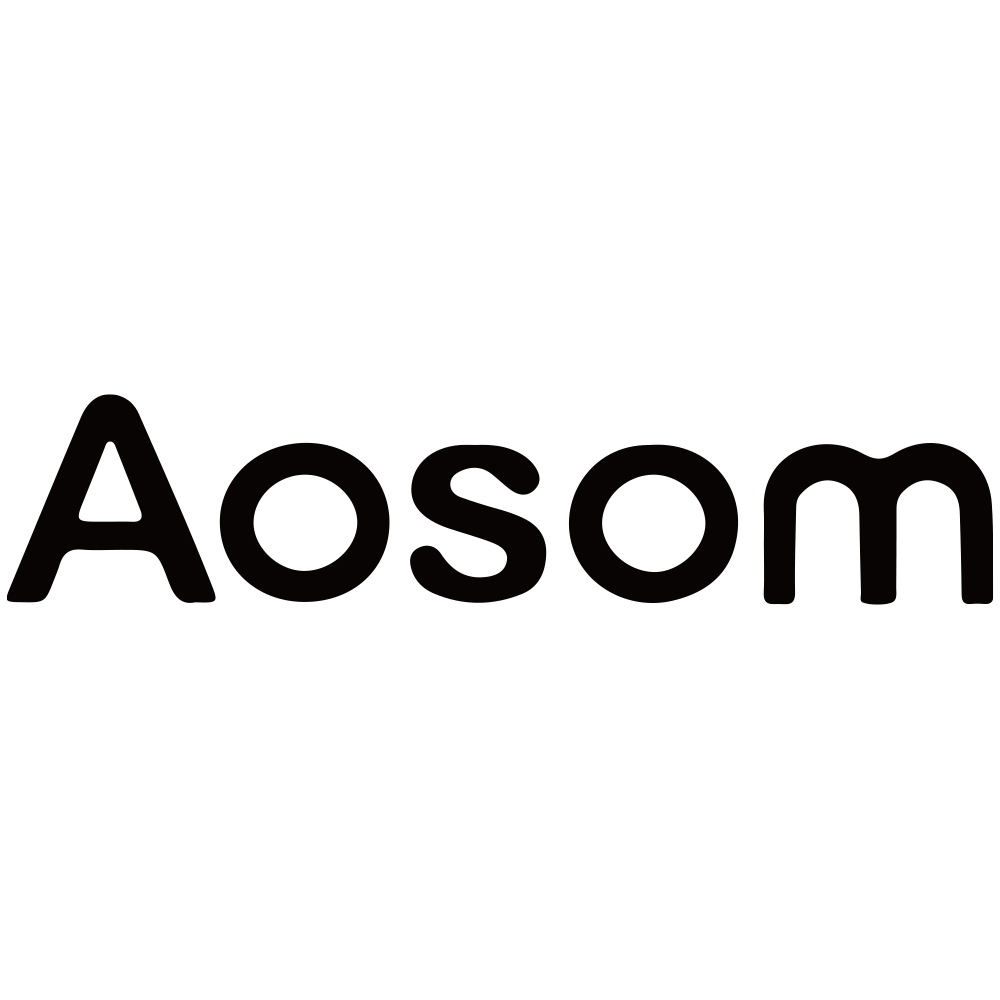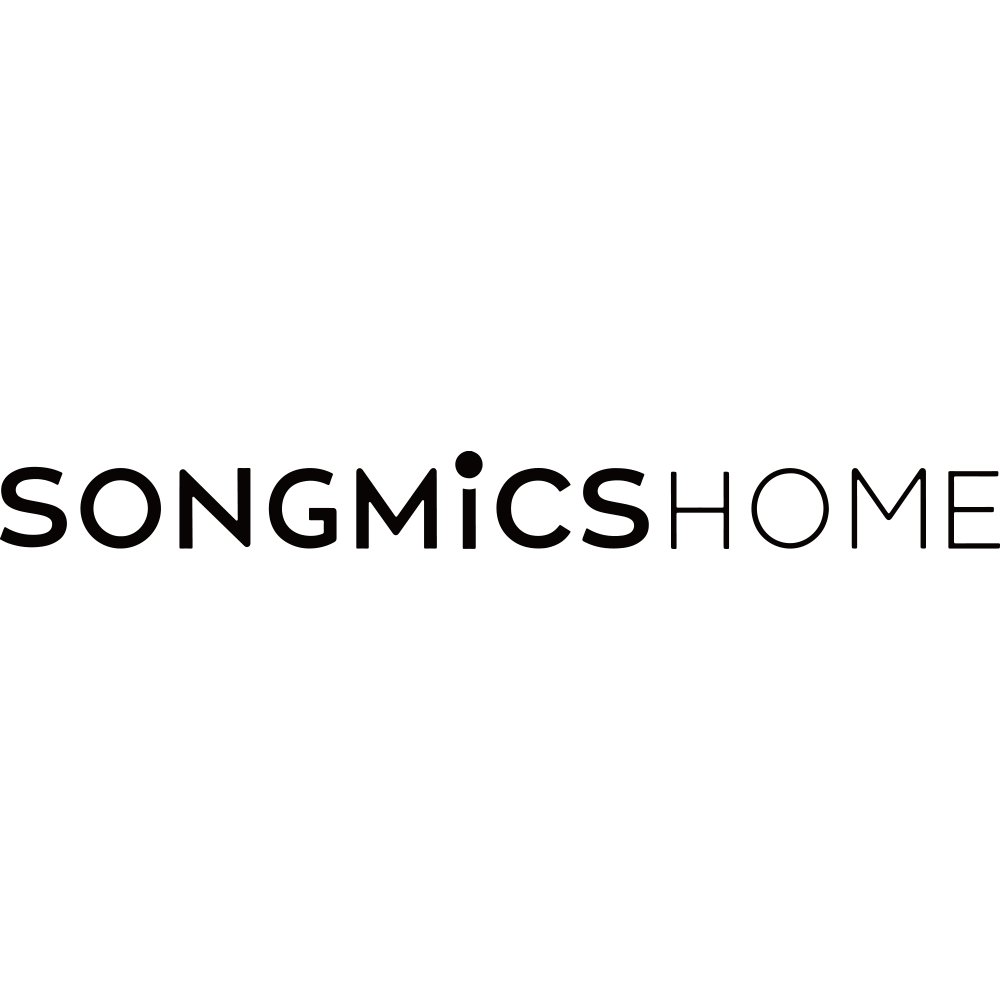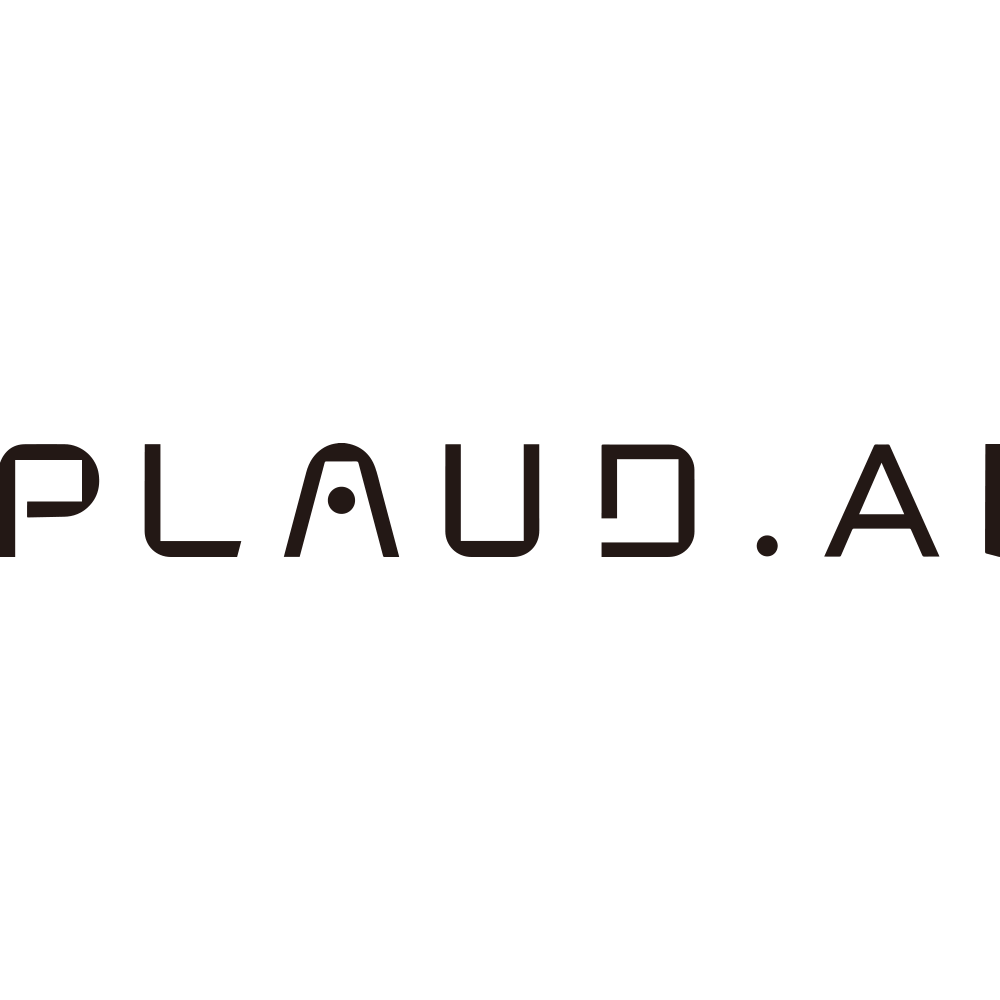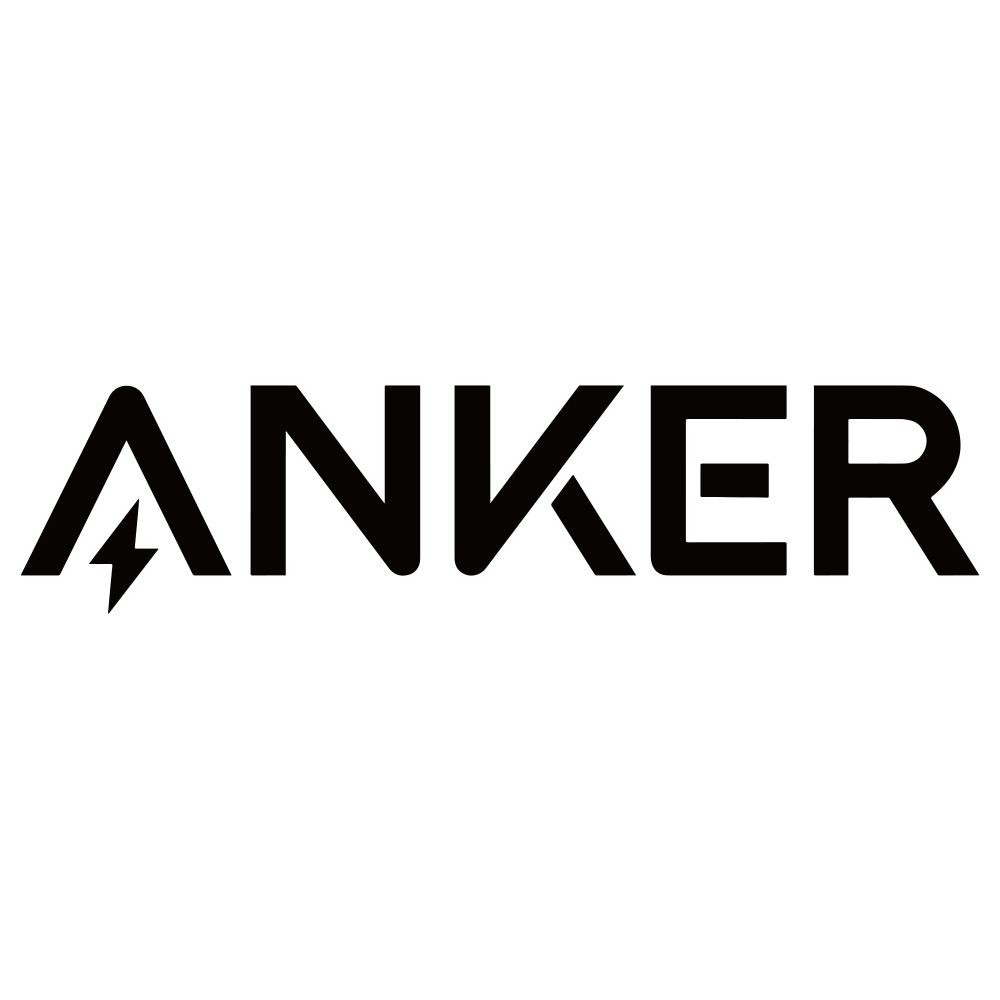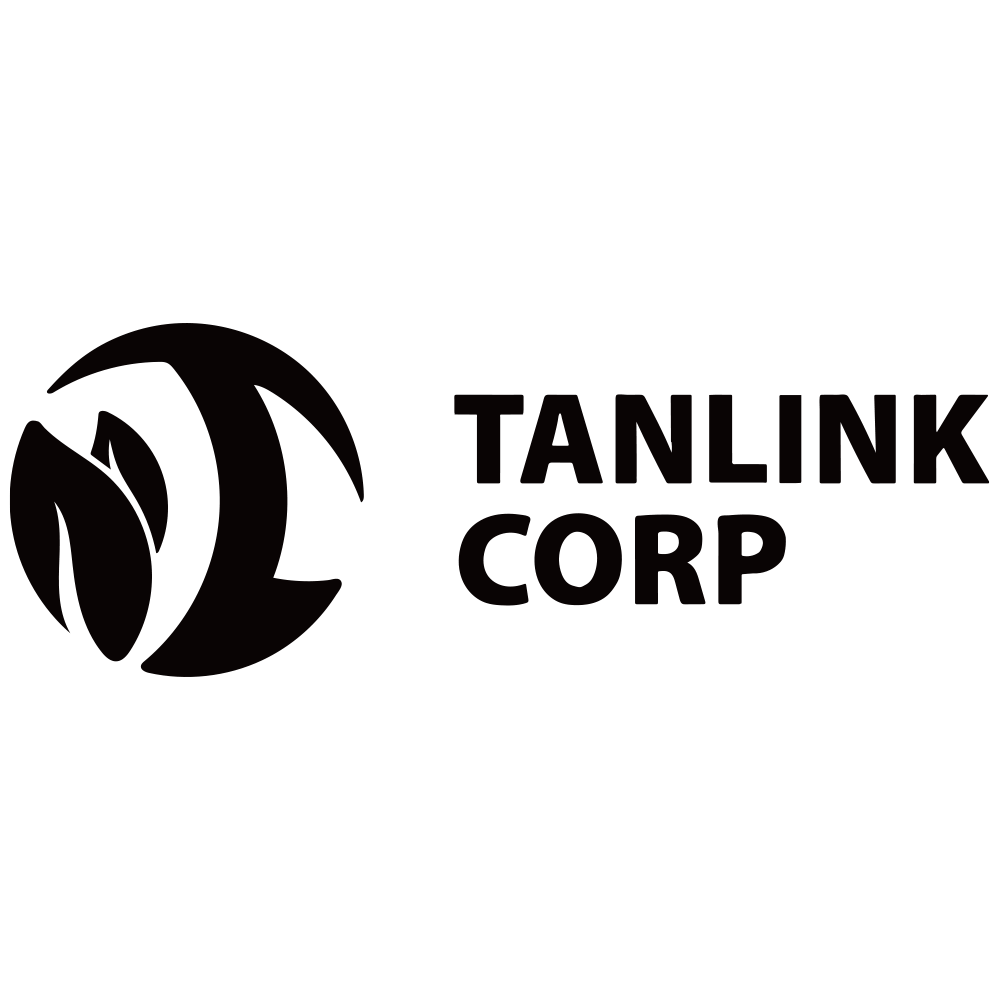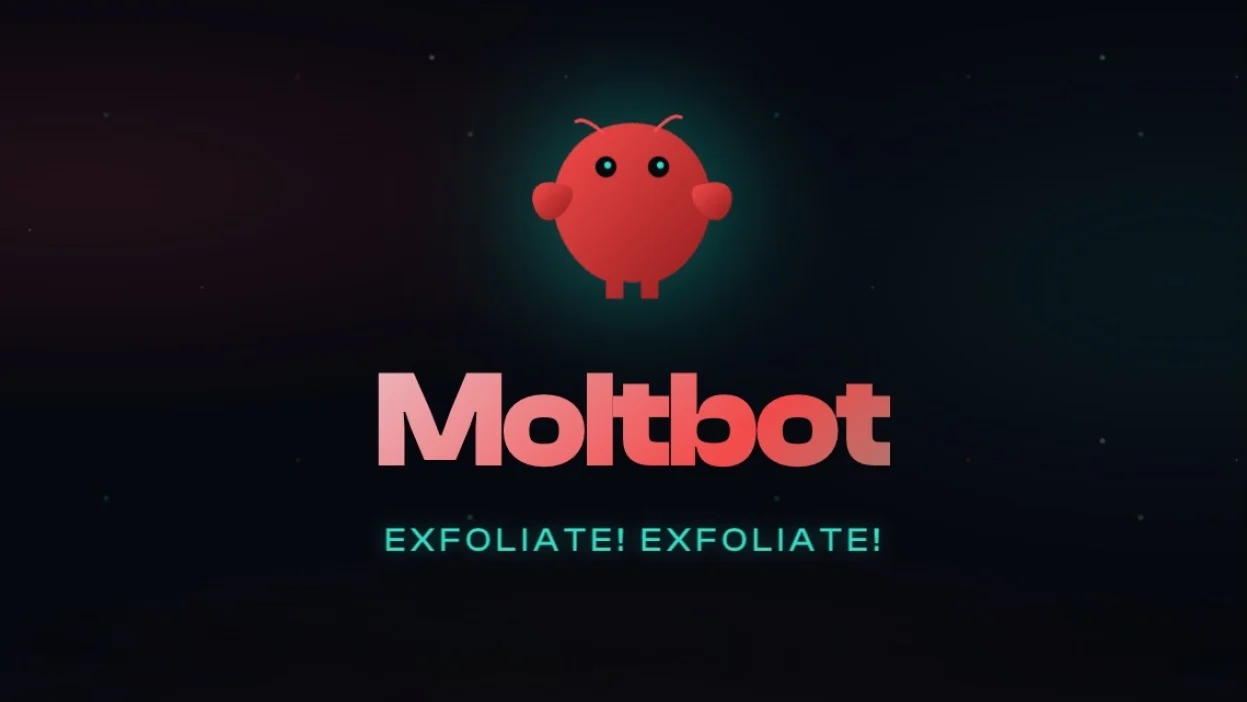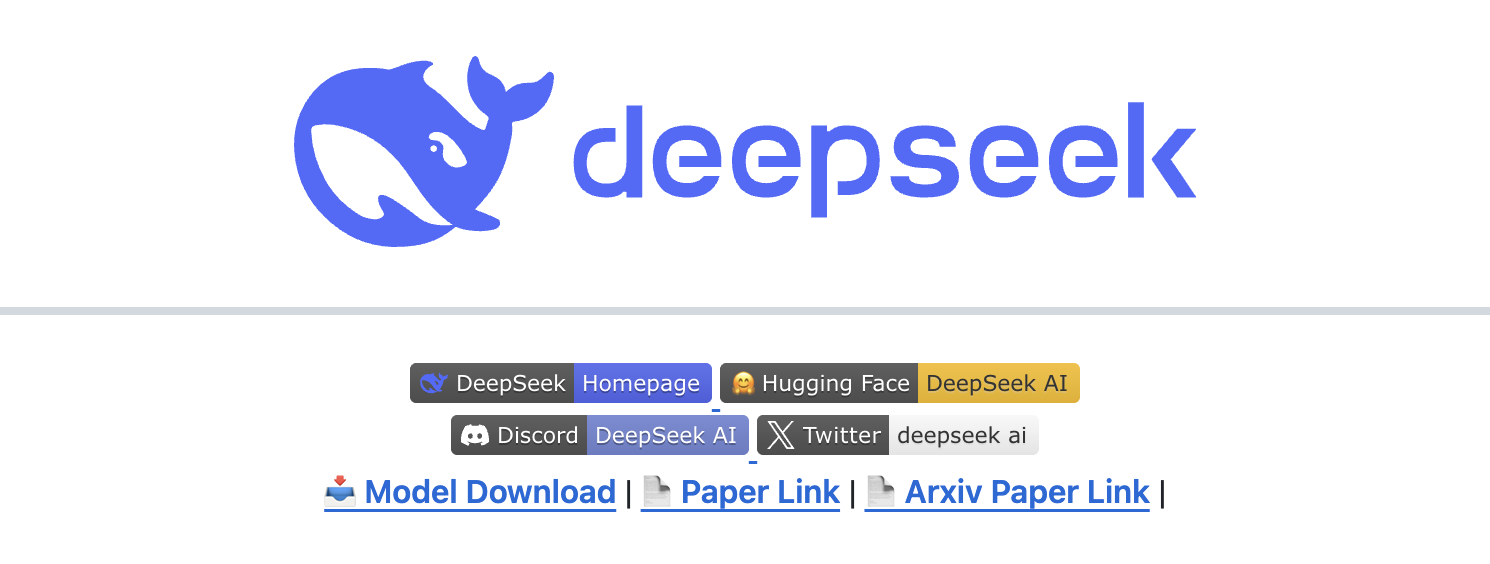What is a Customer Service Software?
Customer service software refers to any tool or suite of applications that helps a business assist and guide individuals who purchase or use its products. It’s often used interchangeably with terms like help desk software, ticketing system, or service desk software. However, “help desk” typically focuses on external clients, while “service desk” often supports internal staff.
At its core, this software provides a unified platform for handling client or employee inquiries. This platform is commonly called a ticketing system. Beyond that, it includes tools like knowledge hubs, messaging apps, automation features, and analytics dashboards to enhance service delivery. Often integrated with CRM systems, it equips agents with vital context, such as a client’s purchase history, offering a complete view of their journey.
Customer service software streamlines, tracks, and elevates the client experience. It enables seamless communication across preferred channels, logs every interaction, and maximizes the impact of each conversation. Effective software enhances the experience for both clients and agents.
More than just collecting messages, the right software empowers teams to work smarter. It consolidates client interactions and data across channels into one hub, preventing chaos from managing queries via email, chat, social media, or phone. This avoids lost details and repetitive client explanations.
How does Customer Service Software Work?
At its heart, customer service software unifies interactions and data from various channels into one hub. This streamlines service delivery. Agents can track, prioritize, manage, and resolve inquiries efficiently within a ticketing system. The software provides context about the client’s identity, origin, and query, regardless of the channel. This is often achieved through CRM integration or built-in data access.
Advanced software orchestrates all channels—email, phone, chat, social media, and self-service—into a single platform. This offers a full view of client touchpoints. The process typically includes:
- Agents receive clear guidance and tools via a streamlined ticketing system.
- Automation handles routine tasks like greetings or FAQs, so agents focus on complex issues.
- Smart call routing assigns cases to the right agent for quick resolution.
- Real-time dashboards highlight trends, enabling proactive solutions.
- Performance metrics identify areas to improve, optimizing the client experience.
Ultimately, the software equips teams with collaboration tools and efficient workflows to resolve queries swiftly.
Why do Small Businesses need Customer Service Software?
Small businesses rely on client support apps to organize, prioritize, and consolidate inquiries. With leaner teams than large enterprises, efficient management is vital. These apps enable faster, more reliable, and personalized responses, helping small businesses stand out in competitive markets.
Prioritizing stellar support is a strategic must. A Microsoft study shows 95% of clients return to businesses offering excellent service. Support apps ensure quick, effective responses, saving time for clients and teams. As businesses grow, these tools scale by adding channels or integrating new systems, providing instant context for smarter support.
Top 20 Customer Service Software
Selecting the ideal customer service software can feel overwhelming with so many similar options. Yet, the right choice fuels business growth. Below is a curated list of top solutions for 2025, presented without ranking, based on research and public data. Explore their unique strengths to find your perfect fit.
Solvea
Solvea is the most powerful AI employee for CX, and it's designed to enhance efficiency across industries. It leverages cutting-edge automation and intelligent routing to streamline communication, making it a strong choice for businesses seeking scalable, AI-driven support solution.
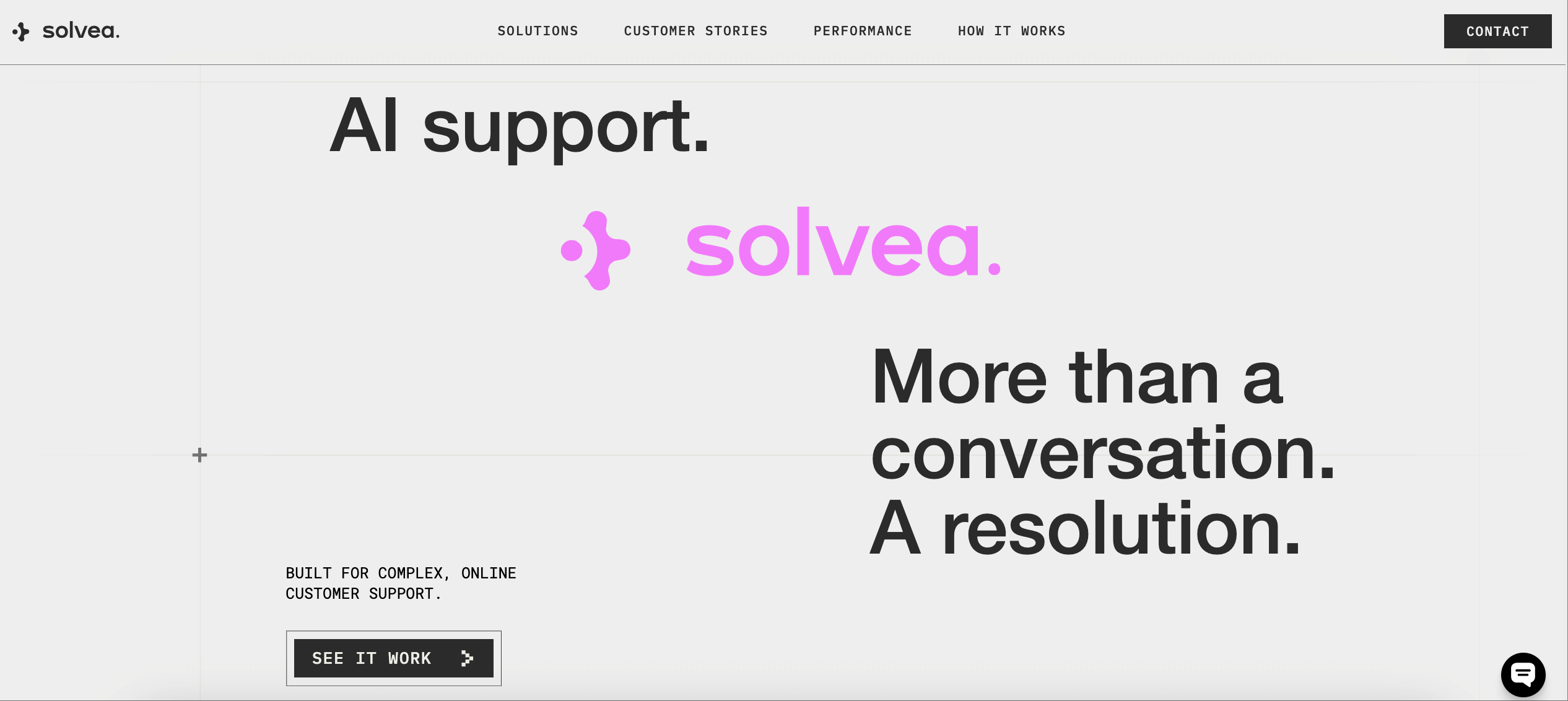
Key features
Solvea learns from agent work and past data on its own. It’s pre-trained for specific industries and has AI Safeguard to follow platform rules. It can handle over 1,000 talks at once, speeds up pre-sale questions, and fixes after-sale issues automatically.
Pros:
- Seamlessly integrates with ticketing system, e-commerce systems.
- Fully compliant with U.S data protection laws
- Outcome-based pricing
Pricing
With Solvea's flexible and outcome-based pricing model (you can also use their calculator tool to estimate savings based on your ticket volume and team size), you only pay for what aligns with your goals. You can contact its sales team for a customized solution.
Gorgias
Gorgias excels as an e-commerce helpdesk, ideal for online retailers. It integrates deeply with e-commerce platforms, streamlining support for digital storefronts.

Key features
Gorgias offers live chat, ticketing, and a self-service portal, tailored for e-commerce efficiency.
Advantages & disadvantages
Pros:
- Seamlessly integrates with e-commerce systems.
- Simplifies support for online stores.
Cons:
- Limited focus beyond e-commerce.
- Advanced features may require higher plans.
Pricing
Starting at $10/month for 10 tickets, Gorgias uses a volume-based, mid-range pricing model. Act now to streamline your e-commerce support!
Shifting from e-commerce to a versatile, all-in-one platform, let’s explore a widely trusted name.
Zendesk
Zendesk is a robust omnichannel solution, perfect for enterprises but adaptable for all sizes. It’s a go-to for scalable support.

Key features
Zendesk provides:
- Ticket routing and live chat.
- Native integrations and a knowledge hub.
- APIs, tracking, and reporting.
- Self-service portals and community forums.
- Automation for streamlined workflows.
It ensures seamless conversations across channels with a flexible CRM platform.
Advantages & disadvantages
Pros:
- Comprehensive tools for all business sizes.
- Extensive integration options.
- Real-time collaboration for support teams.
- Scalable and feature-rich.
Cons:
- Higher plans can be costly.
- Complex setup for advanced features.
- Inconsistent support on lower tiers.
- Occasional performance slowdowns.
- Security concerns from past data breaches.
Pricing
Plans start at $19/agent/month for basics, with advanced plans at $115/agent/month. A free trial is available, and startups may access a 6-month credit. Don’t wait—test Zendesk’s power today!
Moving from an enterprise giant, let’s look at a user-friendly option for smaller businesses.
Freshdesk
Freshdesk is a cloud-based, intuitive solution, ideal for SMBs and mid-market firms. It balances affordability and robust features.

Key features
Freshdesk offers:
- Omnichannel support (email, phone, chat, social).
- Ticketing, automation, and knowledge hubs.
- Self-service portals and AI tools.
- Team dashboards, chatbots, and predictive support.
- Integrations with third-party tools.
It transforms inquiries into unified tickets for seamless management.
Advantages & disadvantages
Pros:
- Easy-to-use interface.
- Quick setup and rich features.
- Affordable with a free plan.
- Streamlines operations with unified tickets.
Cons:
- Occasional bugs and service disruptions.
- Integration challenges with some systems.
Pricing
A free plan covers basic ticketing. Paid plans start at $15/agent/month, with scalable features. Free trials are available. Try Freshdesk now to simplify your support!
From a user-friendly helpdesk, we shift to a CRM titan for enterprise needs.
Salesforce
Salesforce Service Cloud is a powerful CRM-based solution for mid-market to enterprise businesses, especially those in the Salesforce ecosystem.

Key features
Service Cloud includes:
- Omnichannel routing and telephony integration.
- AI-powered support and self-service portals.
- Advanced case management and analytics.
- Workflow automation and knowledge hubs.
- A 360-degree client view with merged data.
Advantages & disadvantages
Pros:
- Handles high interaction volumes.
- Highly customizable for unique needs.
- Seamless Salesforce integrations.
- Robust analytics and case management.
Cons:
- Complex setup requires expertise.
- Premium pricing for advanced features.
- Steeper learning curve for users.
Pricing
Plans range from $25 to $300/user/month. Free trials are available. Unlock Salesforce’s potential—start your trial today!
Next, we explore a platform integrated with a leading marketing and sales ecosystem.
HubSpot Service Hub
HubSpot Service Hub builds on its free CRM, ideal for startups, SMBs, and HubSpot users seeking unified client data.

Key features
It offers:
- Ticketing and live chat.
- Shared email inboxes and automation.
- Slack integration and simple reporting.
- Seamless HubSpot ecosystem connectivity.
Advantages & disadvantages
Pros:
- Tight HubSpot integration.
- User-friendly for existing users.
- Free tools for basic needs.
- Centralizes client issues efficiently.
Cons:
- Costly at higher tiers.
- Limited features compared to specialized platforms.
- Free plan restricts automation and branding.
Pricing
A free plan includes basic features. Paid plans start at $18/month or $20/seat/month. Free trials and startup discounts are available. Join HubSpot now to unify your support!
From CRM integration, we move to a phone-focused solution for call centers.
Aircall
Aircall is a cloud-based call center solution, perfect for businesses prioritizing phone support and remote capabilities.

Key features
Aircall provides:
- Cloud-based call routing and scheduling.
- Mobile-friendly functionality.
Advantages & disadvantages
Pros:
- Excels in call center efficiency.
- Strong mobile app for support.
- Reliable phone support focus.
Cons:
- Lacks ticketing or self-service portals.
- Limited to phone support features.
Pricing
Plans start at $30/user/month, with a $15/user/month option for small businesses. Free trials are available. Boost your call center—try Aircall today!
Shifting from phone support, we explore a mobile-first platform for app-based assistance.
Helpshift
Helpshift specializes in in-app support for mobile-first businesses, such as gaming or e-commerce apps.

Key features
Helpshift offers:
- In-app messaging SDKs and AI chatbots.
- Agent tools for messaging and automation.
- Knowledge hub and CSAT surveys.
- Ticketing and self-service portals.
Advantages & disadvantages
Pros:
- Seamless, app-like support experience.
- User-friendly and efficient tracking.
- Enhances mobile client satisfaction.
Cons:
- Less focus on email ticketing.
- Pricing may be complex or costly.
Pricing
Plans start at $150/user/month, with free trials and a free plan. Start enhancing mobile support—test Helpshift now!
Next, we examine a multichannel platform for small teams.
LiveAgent
LiveAgent is a solid choice for SMBs, especially WordPress users, offering real-time, multichannel support.

Key features
LiveAgent includes:
- Ticket routing, live chat, and automation.
- Extensive native integrations and APIs.
- Knowledge hubs and self-service portals.
Advantages & disadvantages
Pros:
- Ideal for WordPress teams.
- Seamless workflow integrations.
- Real-time issue resolution.
Cons:
- Limited free plan features.
- Fewer integrations than paid tiers.
Pricing
Plans start at $12/user/month, with a free plan and trial. Act fast—try LiveAgent for seamless support!
From multichannel support, we move to a cost-effective solution within a broader business suite.
Zoho Desk
Zoho Desk is a budget-friendly helpdesk within the Zoho suite, ideal for SMBs seeking value.

Key features
Zoho Desk offers:
- Omnichannel support and AI chatbots.
- Automation, knowledge hubs, and reporting.
- Zoho ecosystem integrations and WhatsApp notifications.
Advantages & disadvantages
Pros:
- Affordable with robust features.
- Seamless Zoho integrations.
- Customizable and user-friendly.
Cons:
- Less intuitive interface.
- Limited free plan features.
- Basic analytics compared to competitors.
Pricing
A free plan is available, with paid plans starting at $14/user/month. Free trials offered. Save with Zoho Desk—start now!
Next, we explore a platform mimicking a shared email inbox for personalized support.
Help Scout
Help Scout is ideal for SMBs seeking simple, human-centric support with a clean interface.

Key features
It includes:
- Ticketing and collision detection.
- Knowledge hubs, live chat, and analytics.
- Omnichannel support and integrations.
Advantages & disadvantages
Pros:
- Simple, intuitive interface.
- Strong team collaboration tools.
- Easy setup for personalized support.
Cons:
- Limited advanced customization.
- Basic reporting capabilities.
- No WhatsApp integration.
Pricing
Plans start at $20/user/month, with free trials and a startup plan. Simplify support—try Help Scout today!
From shared inboxes, we shift to a live chat-focused tool for startups.
Olark
Olark excels in live chat, offering simplicity for startups and SMBs.

Key features
Olark provides:
- Customizable chat widgets and surveys.
- Agent tools for real-time insights.
- Chatbot automation and integrations.
Advantages & disadvantages
Pros:
- Focused live chat support.
- Easy customization and integration.
- Enhances agent efficiency.
Cons:
- Lacks ticketing or self-service portals.
- Limited to chat functionality.
Pricing
Plans start at $29/seat/month, with free trials and a free plan. Boost engagement—test Olark now!
Next, we explore a platform for email-driven support.
Front
Front is a shared inbox solution, ideal for enterprises prioritizing email collaboration.

Key features
Front offers:
- Personal and shared inboxes.
- Workflows, analytics, and AI (higher plans).
Advantages & disadvantages
Pros:
- Excels in email support.
- Streamlines team collaboration.
Cons:
- Analytics and AI require pricier plans.
- No self-service portal.
Pricing
Plans start at $19/seat/month, with free trials. Optimize email support—try Front today!
From email collaboration, we move to a platform for personalized service.
Gladly
Gladly suits customer-centric industries like retail or hospitality, focusing on personalized support.

Key features
Gladly includes live chat, ticketing, and self-service portals, leveraging full client histories.
Advantages & disadvantages
Pros:
- Highly personalized support.
- Unified client conversation data.
Cons:
- Steeper learning curve.
Pricing
Pricing details unavailable, but a structured model exists. Elevate service—explore Gladly now!
Next, we examine an IT-focused internal support tool.
Jira Service Management
Jira Service Management is ideal for IT and internal support teams with robust automation.

Key features
It offers:
- Ticket routing, APIs, and automation.
- Self-service portals and operational integrations.
Advantages & disadvantages
Pros:
- Powerful IT support automation.
- Scalable for enterprise needs.
- Seamless operational connectivity.
Cons:
- Expensive and complex setup.
- Overkill for simple needs.
- No live chat.
Pricing
A free plan is available, with paid plans at $21/user/month. Free trials offered. Streamline IT support—try Jira now!
From IT support, we shift to a Gmail-friendly solution for small businesses.
Hiver
Hiver enhances Gmail/Outlook for small businesses, offering low-learning-curve support.

Key features
Hiver includes live chat, ticketing, and self-service portals.
Advantages & disadvantages
Pros:
- Ideal for Gmail/Outlook users.
- Simple, collaborative ticketing.
Cons:
- Limited advanced features.
Pricing
Plans start at $19/user/month, with free trials. Upgrade your inbox—test Hiver today!


